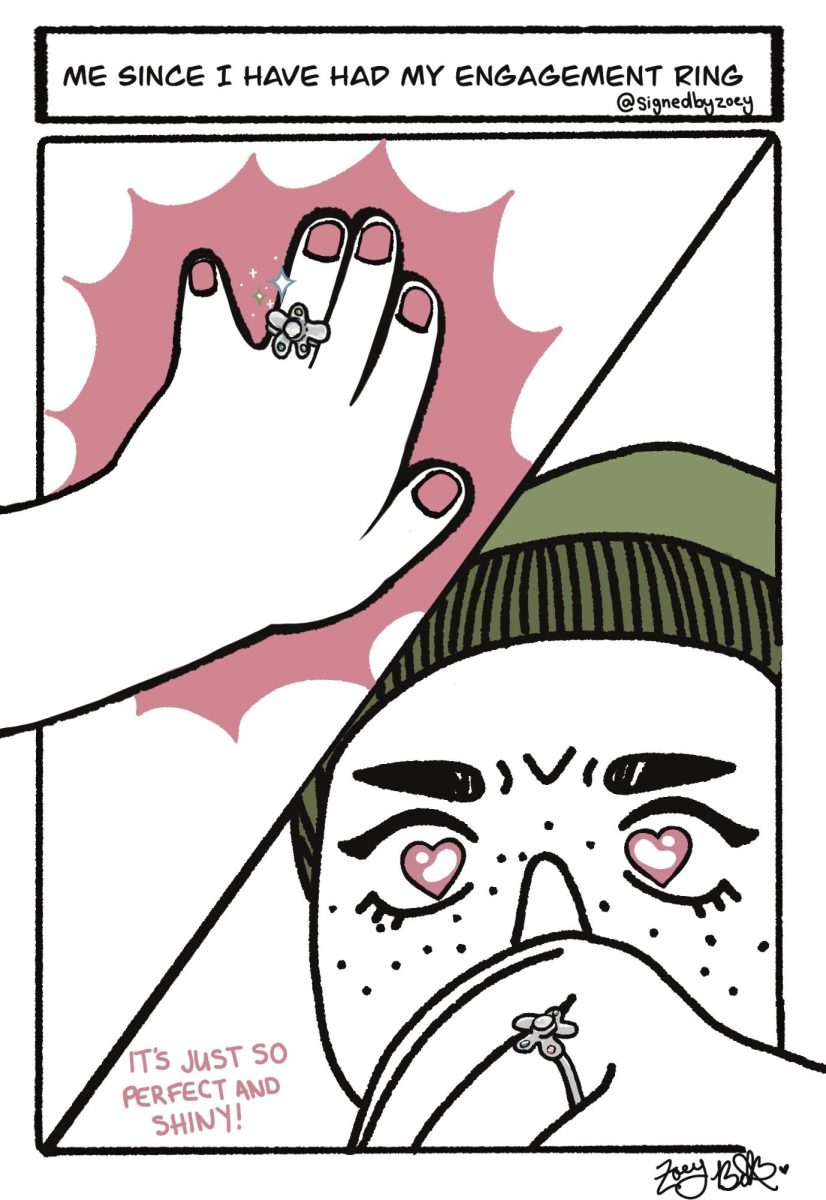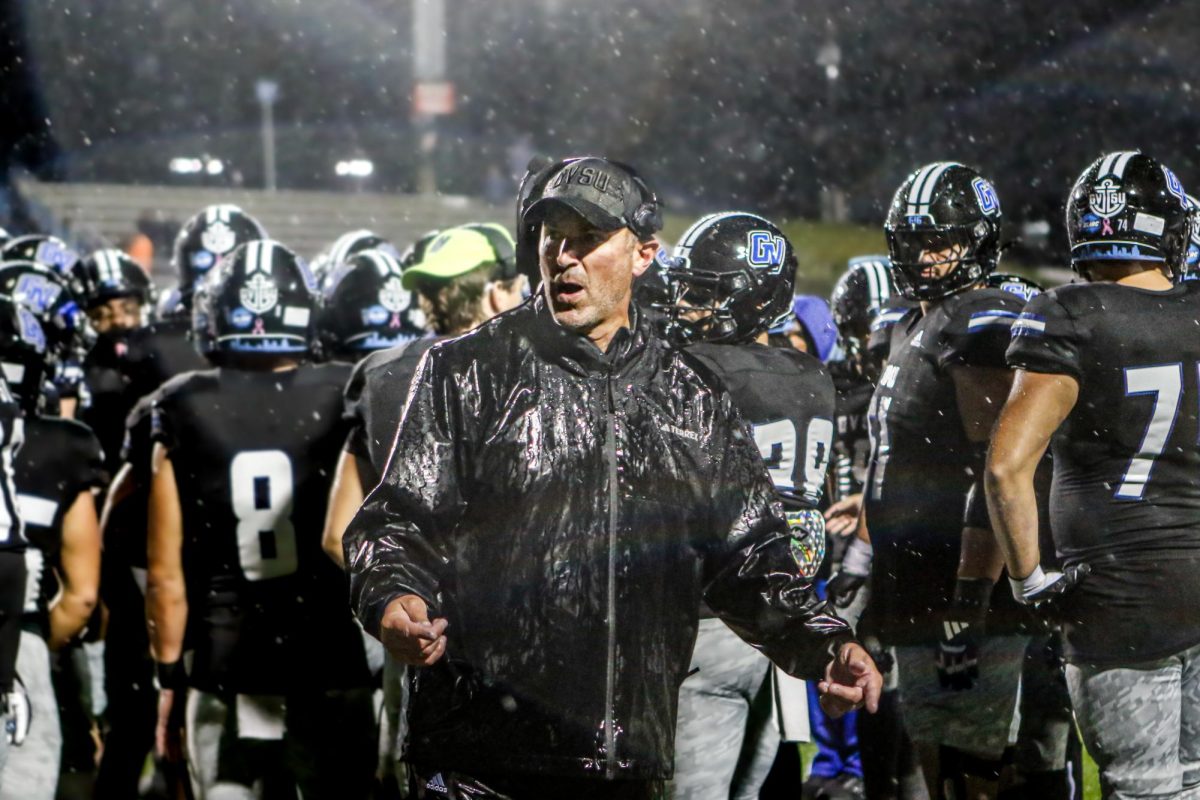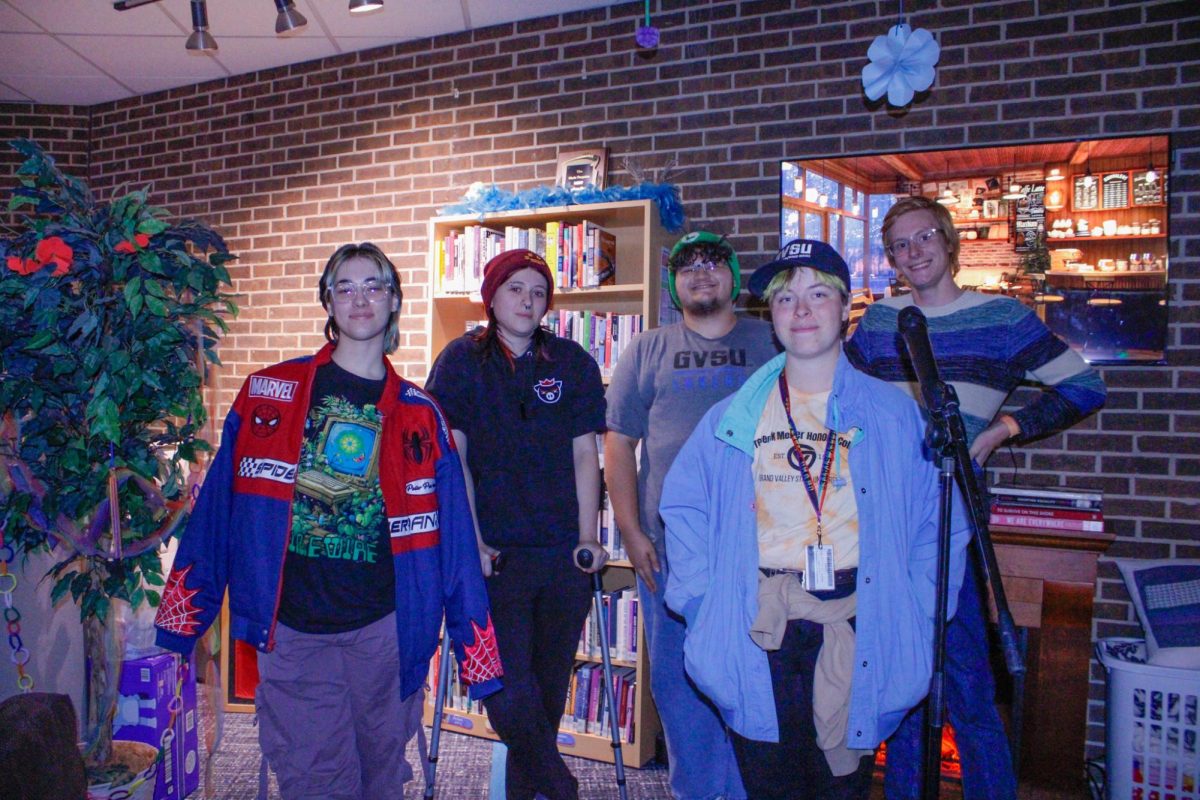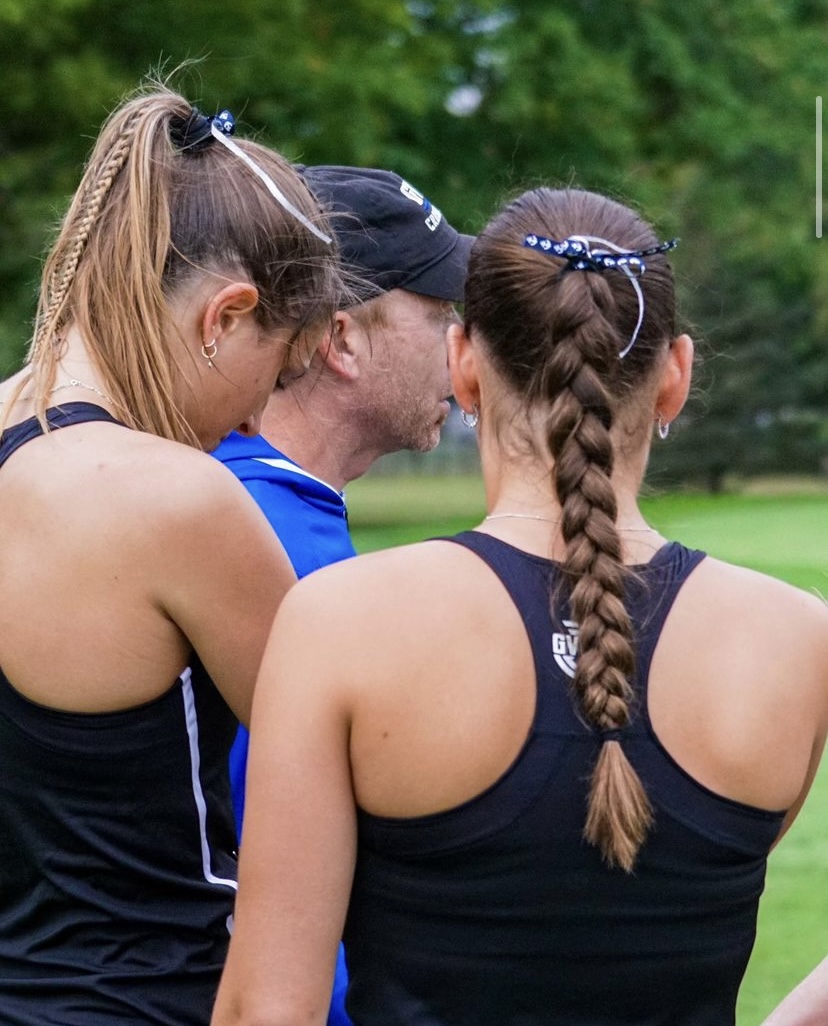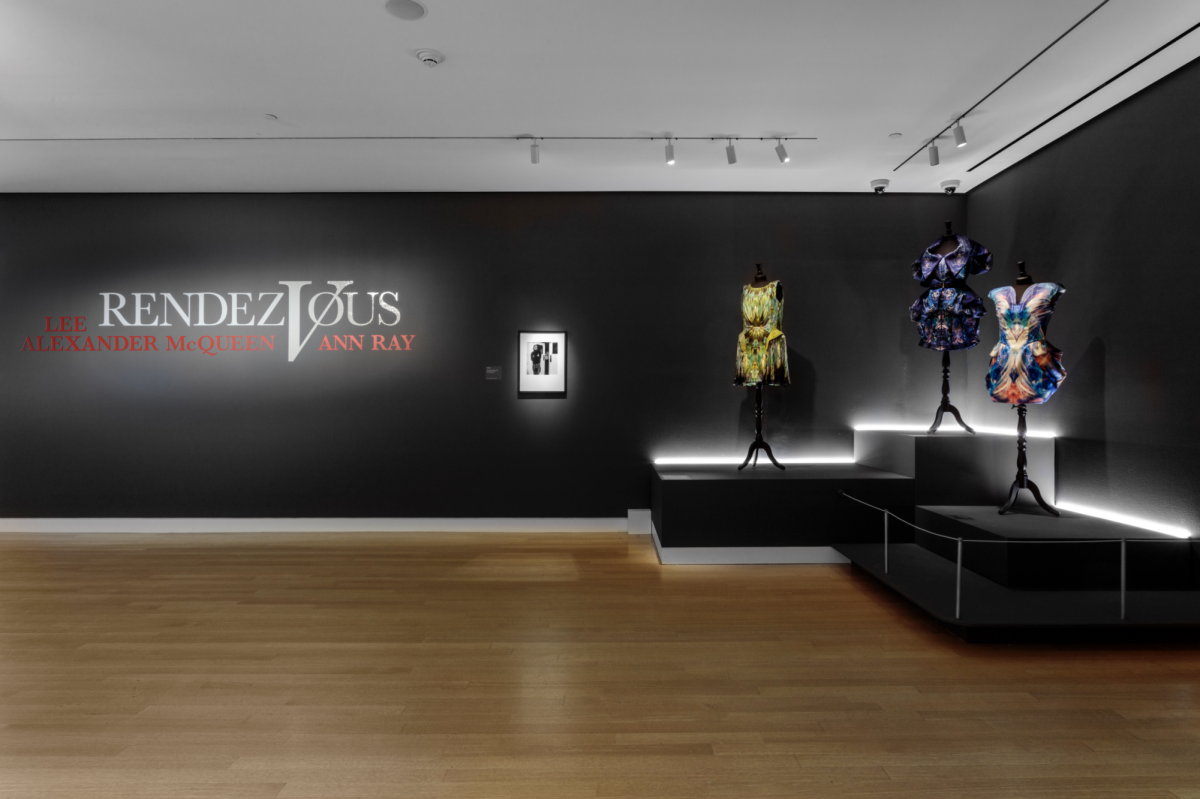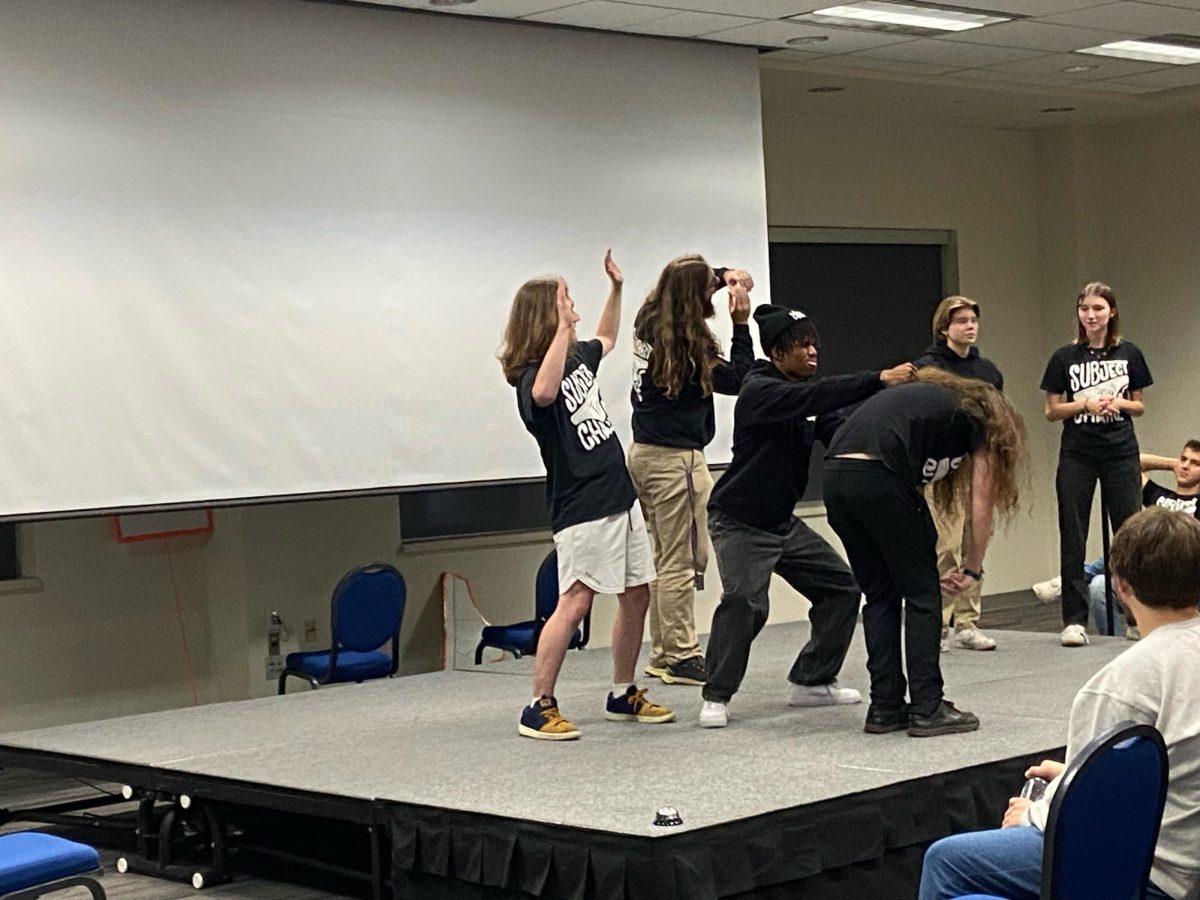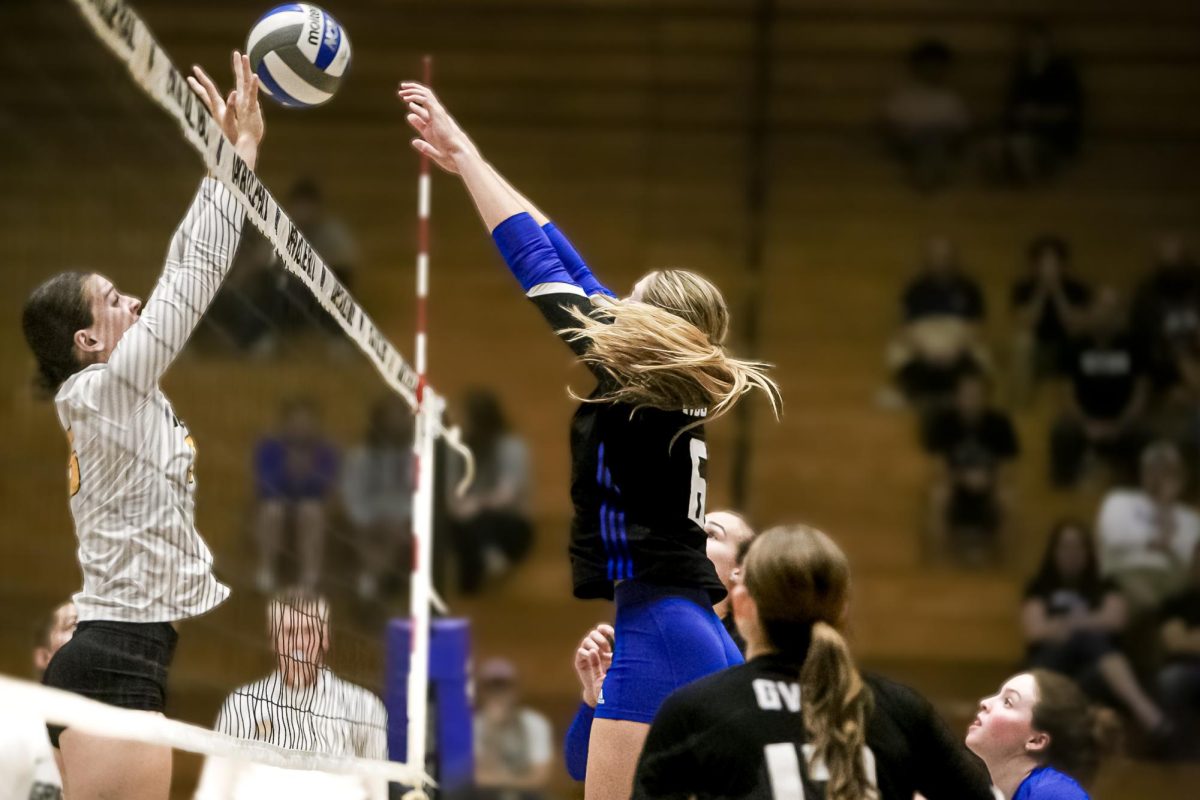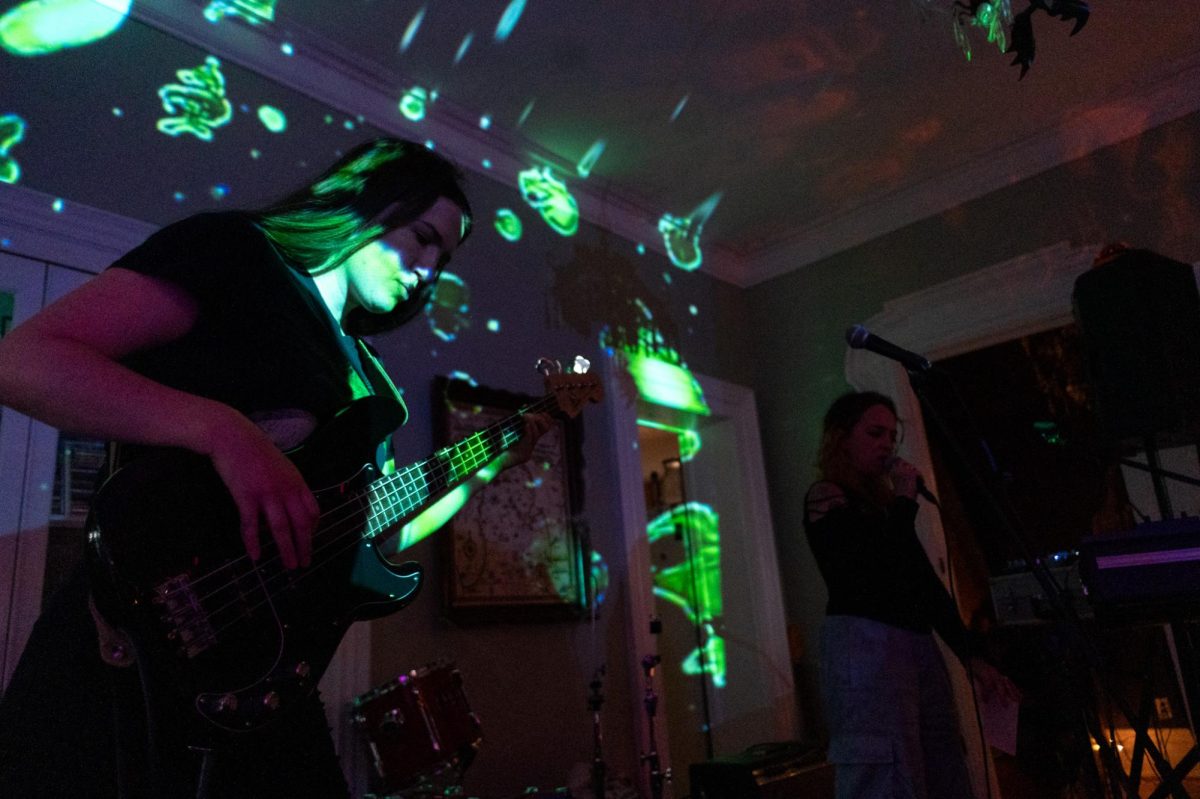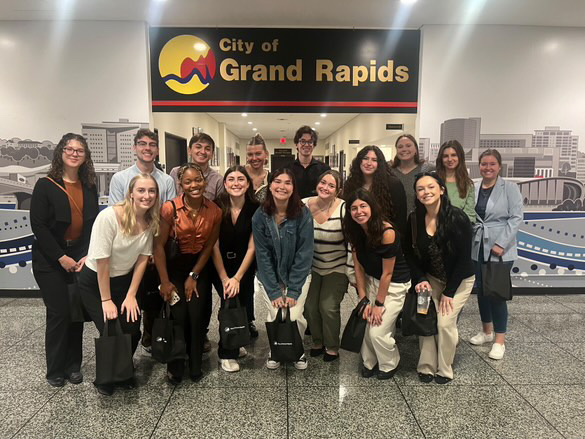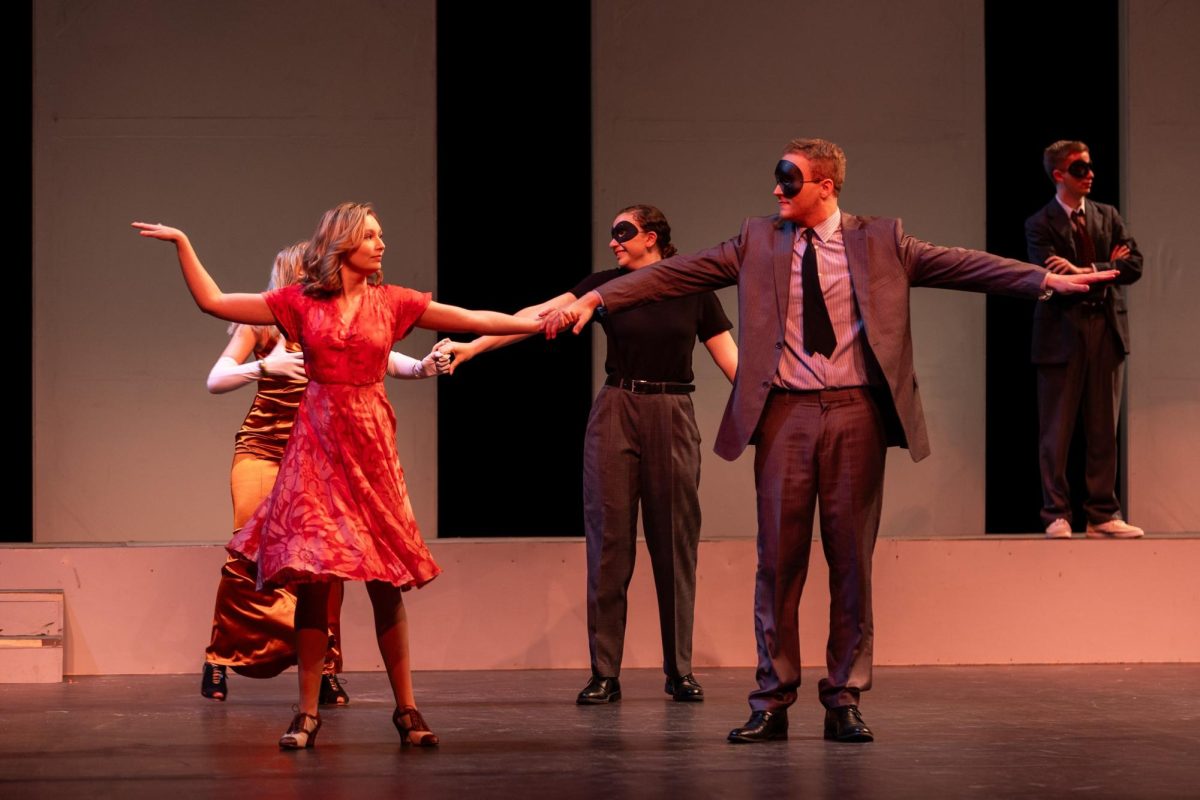Podcast to provide forum to share dreams
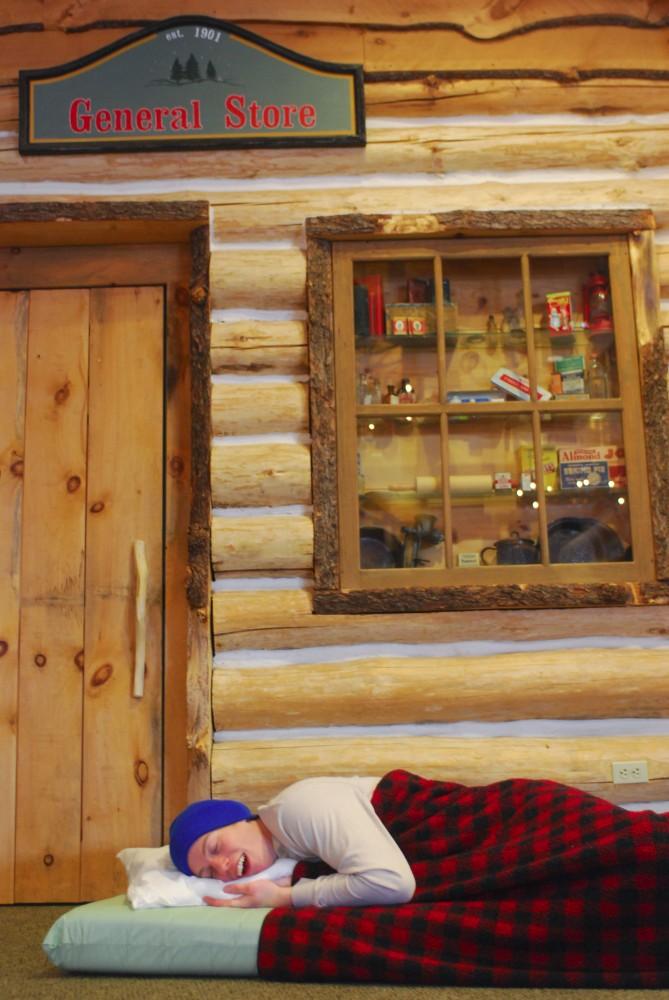
Sophomore Junior Campbell has some interesting dreams.
Feb 7, 2011
Often, students give up precious hours of sleep to write papers and prepare for tests, but they may be able to literally study in their dreams.
Grand Valley State University art history professor Kirsten Strom said people can learn even while resting.
Strom teaches an art history class in Surrealism, and dreams are important to the Surrealists. The philosophy of Surrealism is based on the belief of superior reality, of certain forms of previously neglected associations and in the omnipotence of the dream.
“They viewed dreams as contributing to our world as much as waking life,” she said. “In my Surrealism class, students have the option of choosing a dream journal from a list of possible projects, and the dream journal has consistently been the most popular option.”
Strom has taught art history at GVSU since 1998. A few years ago, she learned GVSU had signed on to iTunes University, a network that allows faculty to post audio and video files for availability to specific classes or to the general public.
“This is the first year of the project being in podcast form,” Strom said. “It seemed like a promising forum, but I didn’t have a particular idea about how to use it until now. The basic idea is that it will become a forum for story telling through dream sharing.”
She has named the podcast “TinDip,” which stands for This Is Not A Dream Interpretation Podcast. The title refers to a Surrealist painting by Rene Magritte, “The Key of Dreams.” The painting features a pipe with the text, “This is not a pipe.”
“Beyond that, the specific inspiration for TinDip came from a French radio show from the 1930s produced by Robert Desnos, one of the Surrealist poets. The show was called “The Key of Dreams” and it consisted of dreams submitted by the general public.”
The podcast will not provide interpretations of dreams. However, guests might be interviewed and engage in conversations about the history and science of dreaming.
To submit a dream, include a name or pseudonym, any additional information relevant to listeners (occupation, hometown, age, etc.) and a theme for the dream (animals, flight, school, travel, work, war, etc.). E-mail dream submissions to [email protected].






